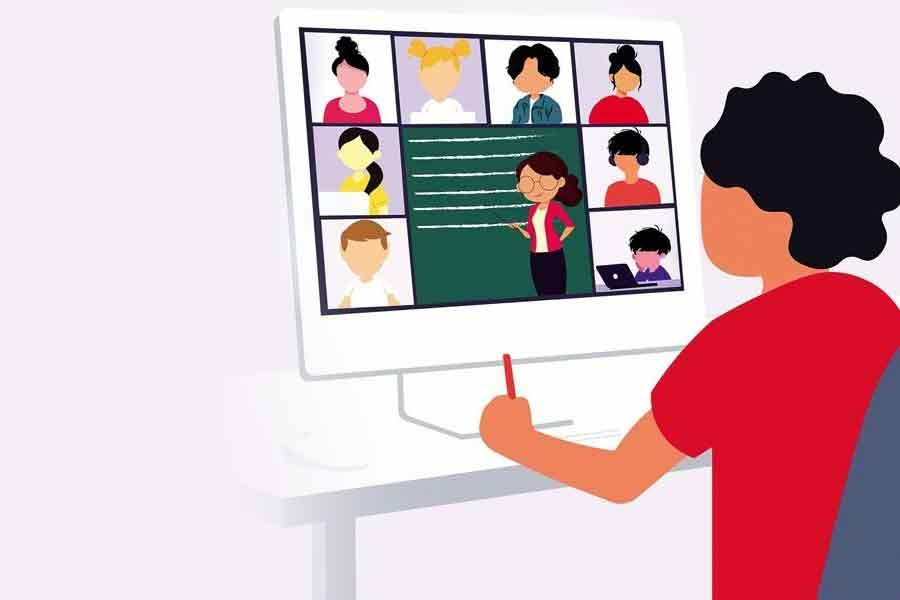Many often express their deep concern about our education system, especially about its relevance to the needs of our knowledge-and-skill-seeking students. The common question asked is: can the education imparted to the students in the schools/colleges/universities provide them with the knowledge and skill required in the job market at home or abroad?
And in that pursuit (of jobs), we are definitely far behind the advanced nations, especially, Europe, who during the colonial time introduced the education system we are still hooked on. However, the West has made many changes in their job-oriented education system in the meanwhile; but ours has basically remained stagnant. Hence is our frustration. But then how did this Western-origin education system come into being in the first place?
It all started with the introduction of the universal, compulsory public education since early 16th century in Europe. And from the beginning it was about imparting repetitive, boring lessons from the top (teachers) down to the learners at the bottom. Put another way, it was about feeding the students on knowledge and it is up to the adult teachers to decide what kind of knowledge best suits their students' needs. So, from their first day in the school a child was supposed to learn something that was not meant to be interesting. For the guardians of society thought that a child's natural curiosity to explore the world was not important.
A child can be allowed to play but that should be after the learning time. What is learning about? It is about preparing them for the harsh, dreary adult world they would finally grow into. Also, before factories came into being, the children at school had to learn Latin, and, obviously, by rote, to be able to read the Bible. Naturally, learning was then (and is also until now) a duty and the schooling a time to train and prepare the children for their adult life. So, there was no room for being curious or playful when it came to learning. And the lessons they should learn have necessarily to be serious-dull and repetitive. The tests of or exams on what they learnt was about how much they could reproduce on paper what they memorised from books. After factories came into being, the basic purpose of learning as designed by the early industrial society was more or less the same as it was in the feudal time. The only difference was the introduction of secularity. Put differently, the pre-industrial scriptural thrust of the educational curricula was less pronounced in the industrial Europe of early 19th century. However, education in schools still remained a duty of the students as they were to learn the three Rs, the three basic skills of functional literacy-reading, writing and arithmetic. The education under factory/industrial civilisation was again about preparing for an adult world of factory and related work. With the expansion of industry, education curricula also branched out into specialisations to meet the industry's special needs. So, now the students have to learn more subjects and the number of their tests/exams have increased. And, again, it is still a reproduction on paper or in yes/no check boxes in objective-type tests on what they could memorise from their books.
Now the digital era society and industry are more in need of curious, exploring and creative minds. The system of education is also adapting to it. Bangladesh needs also to be fast to adapt.


